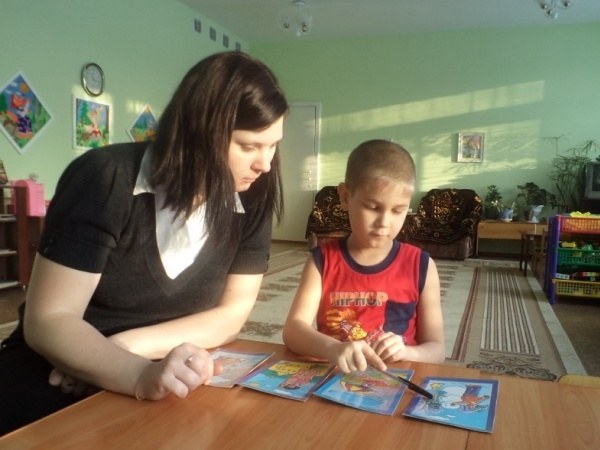The types of correctional schools
Special educational institutions designed to teach children with various deviations in development. There are eight types of such schools. For training of the deaf children created correctional учреждения1-th species. Special schools of the 2nd kind is designed to teach hearing-impaired children with partial hearing loss, and varying degrees of underdevelopment of speech. Correctional school of the 3rd and 4th types are organized for learning, education, correction of developmental disorders in children with visual impairment. In these educational institutions accept the blind and visually impaired children, children with amblyopia, strabismus, with complex combinations of disorders of vision suffering from eye diseases that lead to blindness.
Correctional school 5th form is designed for children with heavy speech pathology, children with General speech underdevelopment, severe, brilliant. Special educational institution 6th form was created for the training and education of children with any developmental disorders of musculoskeletal system, cerebral palsy, deformities of the musculoskeletal system. Special schools 7th form is designed for training and education of children with mental retardation. When intact the possibilities of intellectual development of these children experience weakness of attention, memory, increased fatigability, failure rate of mental processes, emotional instability, incompleteness voluntary regulation. Correctional educational institution of the 8-th form was created for the training and education of children with mental retardation.
Correctional school of the 8th form
The purpose of creation of special educational institutions of the 8th form is the correction of deviations in development, and socio-psychological rehabilitation for further integration into society. In such schools create classes for children with profound mental retardation, occupancy of such classes should not be more than 8 people. Pupils of the 8th form have permanent disabilities and will never be able to catch up with peers, so a greater degree of training in these educational institutions aimed at developing their competence to adapt in society, in order to avoid disasters of a social nature. In a small volume giving them academic knowledge, which are directed to the maintenance of socialization. Children with mental disorders enrolled in a special program to the 9th grade. Those who can master a profession, do, in the future, low-skilled labor.
